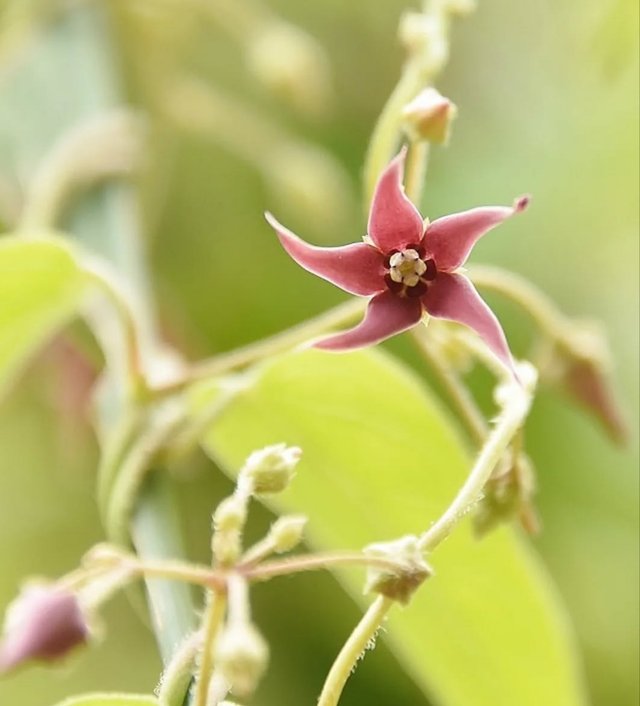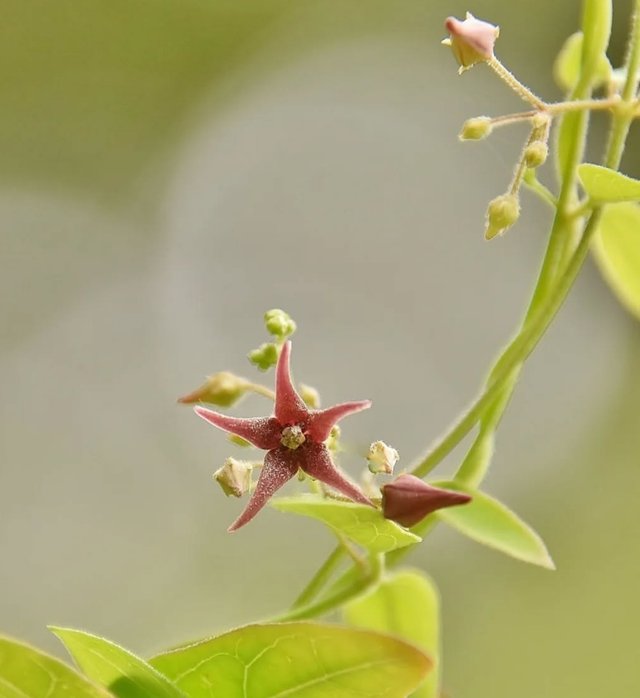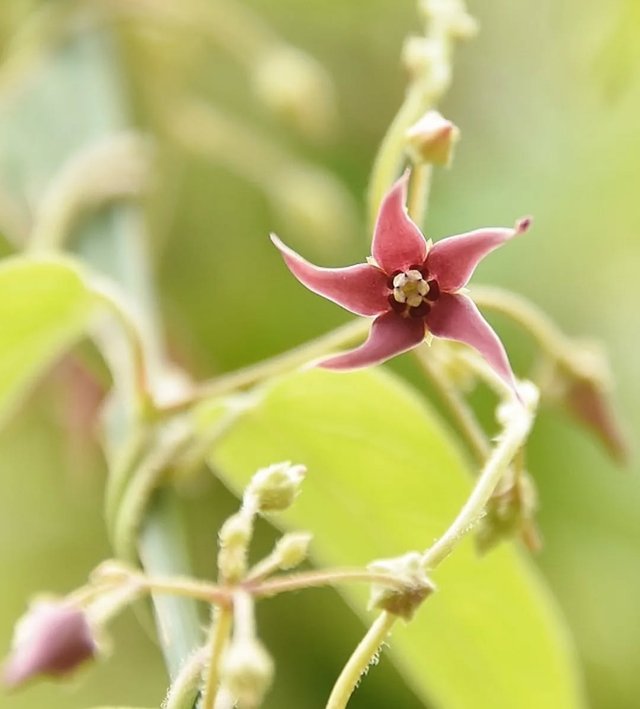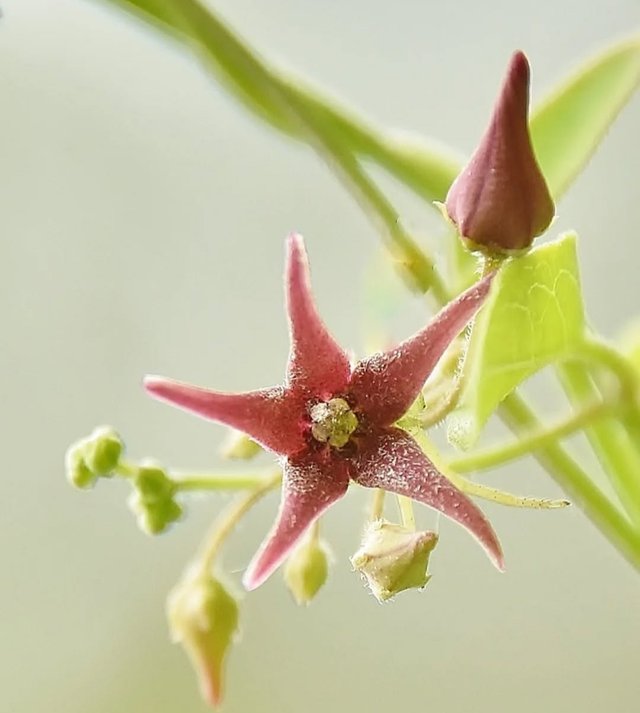Tylophora So Amazing Flower
Tylophora is a fascinating genus of flowering plants that belongs to the family Apocynaceae, the dogbane family, which is well known for its many medicinally significant species. The genus includes a number of twining climbers and herbaceous plants that are native to tropical and subtropical regions of Asia, Africa, and Australia. These plants have attracted the interest of both botanists and traditional healers for centuries, thanks to their unique biological traits and wide range of therapeutic applications.
Botanical Description
Tylophora species are generally perennial twining vines with slender, flexible stems that allow them to climb over shrubs, trees, and other supports in their natural habitats. They usually have simple, opposite leaves that are oval to elliptic in shape, often with a glossy surface. The flowers are relatively small but striking, typically star-shaped with five lobes, and they range in color from greenish-yellow to purplish or reddish hues depending on the species. The fruit is a follicle containing numerous seeds that are usually silky-haired, aiding in wind dispersal.
Distribution and Habitat
Members of the genus Tylophora are primarily found in South and Southeast Asia, with notable species occurring in India, Bangladesh, Sri Lanka, Myanmar, and extending eastward into parts of China and Indonesia. Some species also occur in Africa and northern Australia. These plants thrive in warm, humid climates and are commonly seen growing in forest edges, open woodlands, and grasslands, often twining around shrubs and trees in search of sunlight.
Medicinal Importance
Tylophora has long been used in traditional systems of medicine, especially Ayurveda and folk remedies across Asia. The most famous species, Tylophora indica, is renowned for its wide-ranging medicinal properties. Traditionally, the roots and leaves of this plant have been used to treat conditions such as:
Respiratory ailments: asthma, bronchitis, and whooping cough.
Allergies and immune disorders: due to its reputed immunomodulatory effects.
Digestive issues: including diarrhea, dysentery, and indigestion.
Rheumatism and inflammatory diseases: thanks to its anti-inflammatory compounds.
Snake bites and scorpion stings: in some rural traditions, as an emergency herbal remedy.
Scientific research has supported many of these uses, showing that Tylophora contains alkaloids such as tylophorine, tylophorinidine, and other bioactive compounds that exhibit anti-inflammatory, immunosuppressive, and antitumor properties. These phytochemicals are of considerable interest to modern pharmacological studies.




%20(7).jpeg)